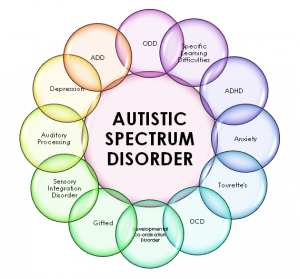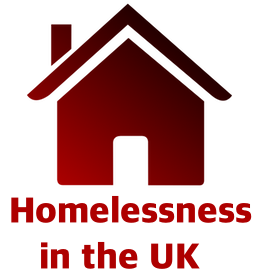I’ve had time to reflect on my recent health consultations (see The ENT Specialists) and I can honestly say that I’m feeling devastated.
I knew the hole in my septum had gotten bigger, but seeing the state of the inside of my nose on a monitor attached to a camera on a flexible cable really traumatised me. I have plenty of health-related worries right now including:
- Do I have vasculitis and if so, what does this mean for me in the long term? Vasculitis is a very rare condition.
- If its not vasculitis, then what is the cause of this extensive nasal destruction?
- What will the biopsies show? Could it be Cancer?
- They want to operate urgently in the next two weeks. What is going through the mind of my ENT Consultant?
- What has caused a small hole in my septum to lead to complete septum destruction in around 4 months?
- Will the pain ever be resolved? Or is this it now? Chronic long term pain.
- Could other symptoms such as fatigue, a psoriasis-like rash on my elbows, difficulty standing for short periods, right hip/knee pain and difficulty sleeping through the night (insomnia) be related to my nasal passage problems?
- How will they decide to fix the problem? Is it even fixable?
- How will all this impact on the management of my type 1 diabetes?
- What other autoimmune diseases does this increase my risk of getting?
- Is this related to that time I got pneumonia?
- How will any or all of the above affect my life expectancy?
- What does all this mean for returning to work and life?
- Will I ever feel normal again, or is this the new normal?
- Why did nobody ever tell me to go and get my constant blocked nose checked out? Would it have made any difference?
- Why didn’t I get any ENT experience as a Student Nurse or in A&E. This would have at least given me some clinical experience in the area?
- Why did I decide that my constant blocked nose was because of developing an allergy to my two gorgeous cats?
- Will I ever be able to smell normally again? At the moment, I can’t usually smell anything, unless I try and it is particularly strong. Sometimes, I smell what smells like rotting flesh.
- Why is the waiting list so long to seen ENT? Ear, nose and throat systems are vital to health and wellbeing.
- And more questions continue to fill my head on an hourly basis.
I have plenty of questions right now, but not a lot of answers. It’s the not knowing that causes the most anxiety.
Best Wishes,
Antony








A great introductory article on candle magic :)
Hi Sofia, Thanks for the comment. I bought that in Glastonbury and he was a real find. I bought him…
Hi! I know this was posted ages ago and so a response may be rare but my dad has been…
Hi Ruth, Thanks for the comment. He might well have been. A x
Hi! Watching video and interviews with Charlie Watt, it had me wondering if he might have had Aspergers/ been on…